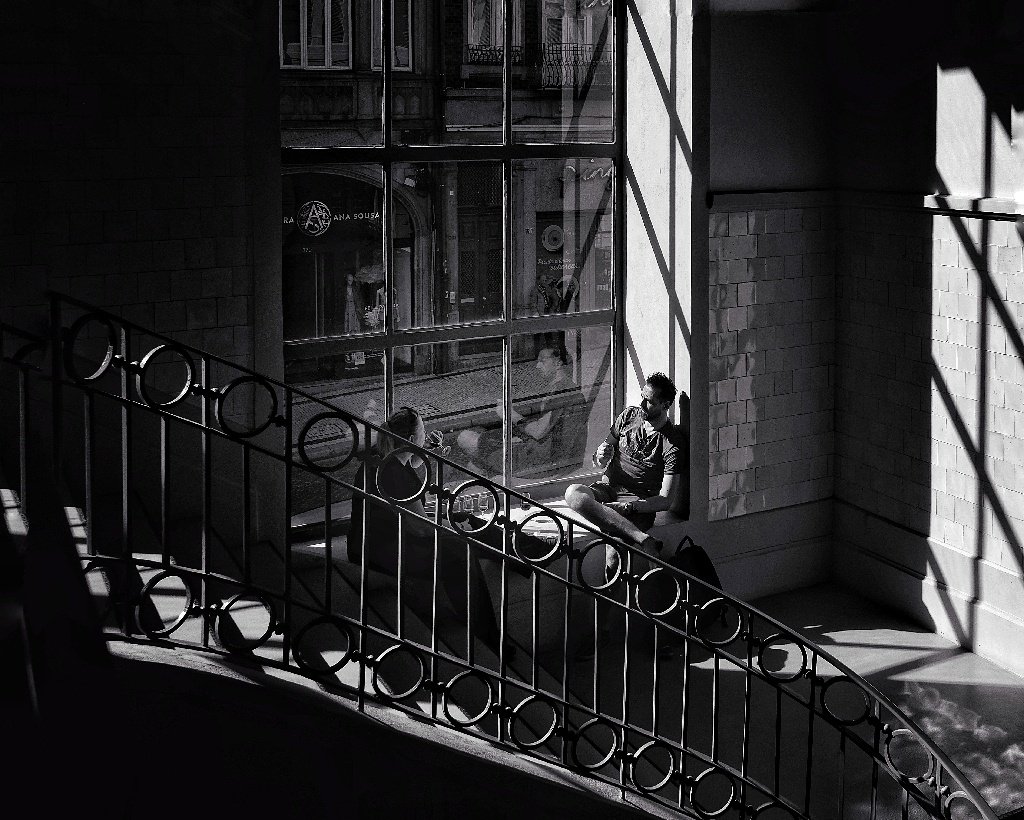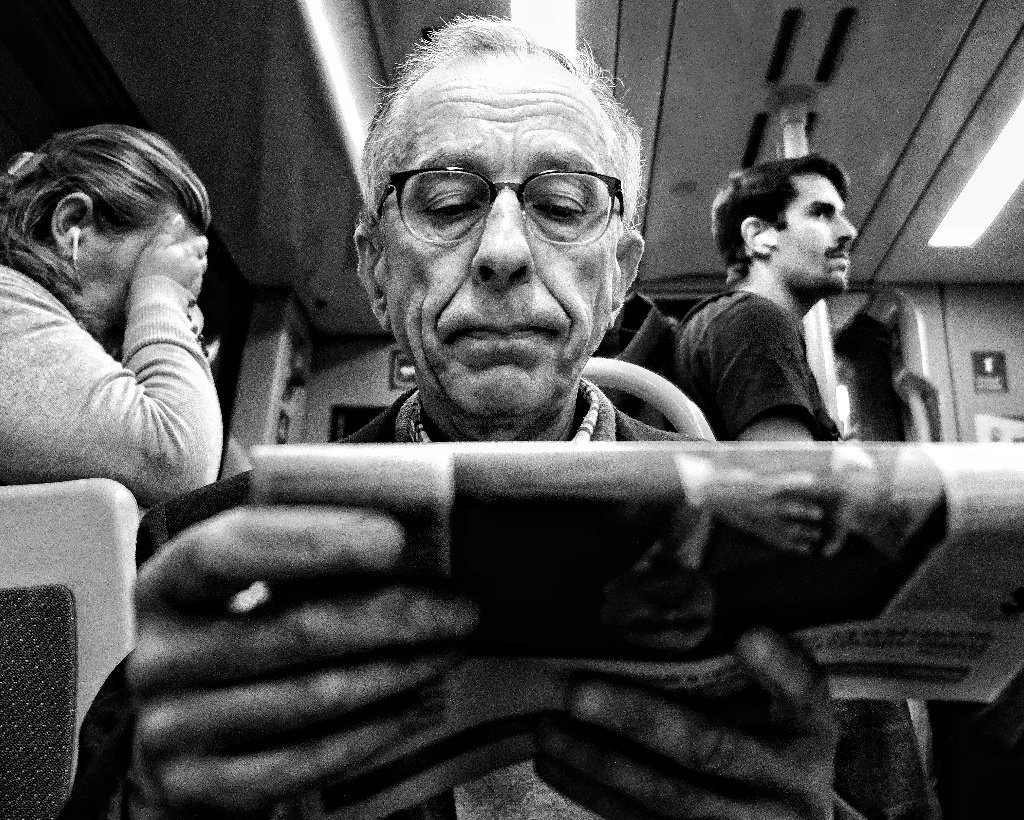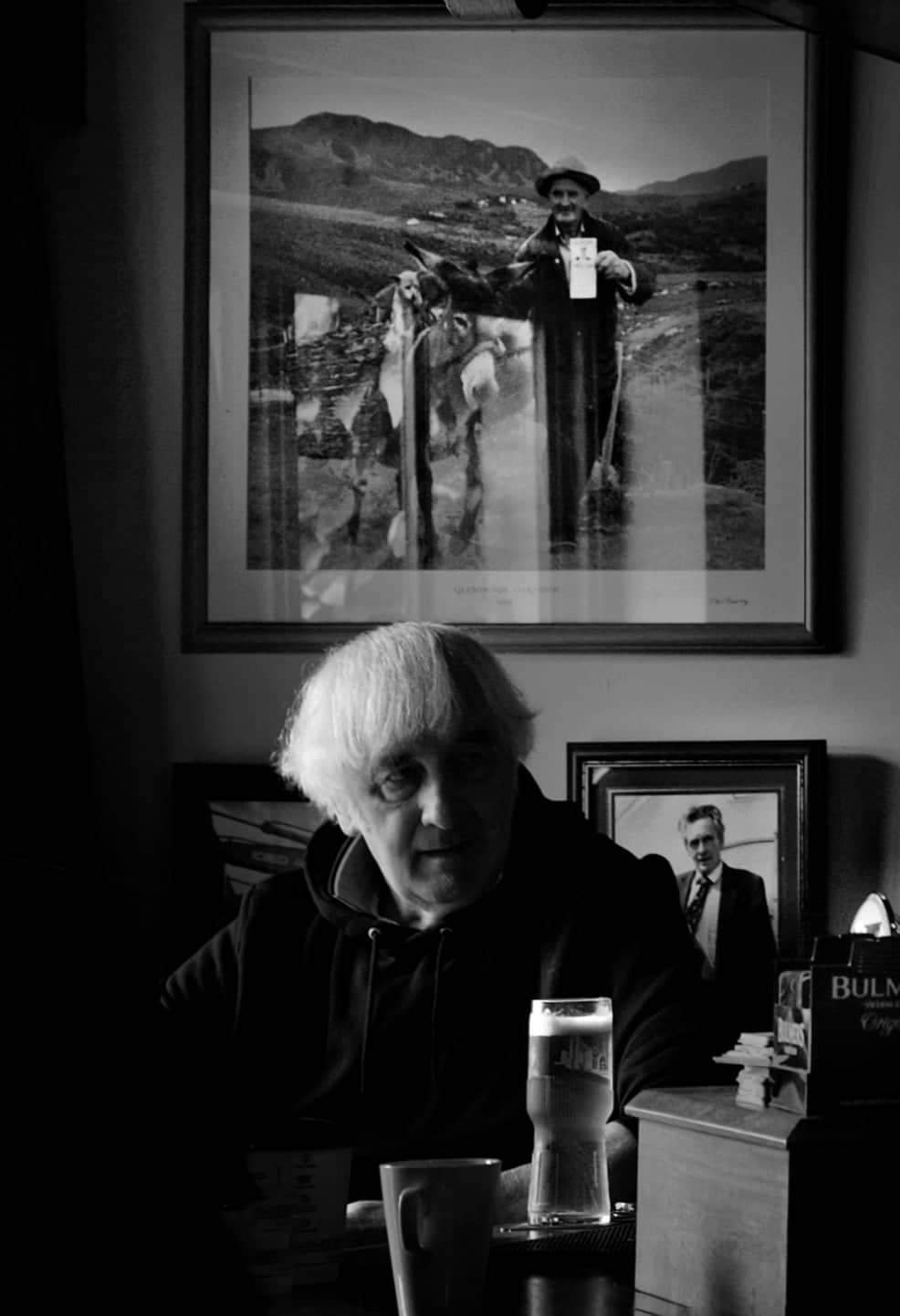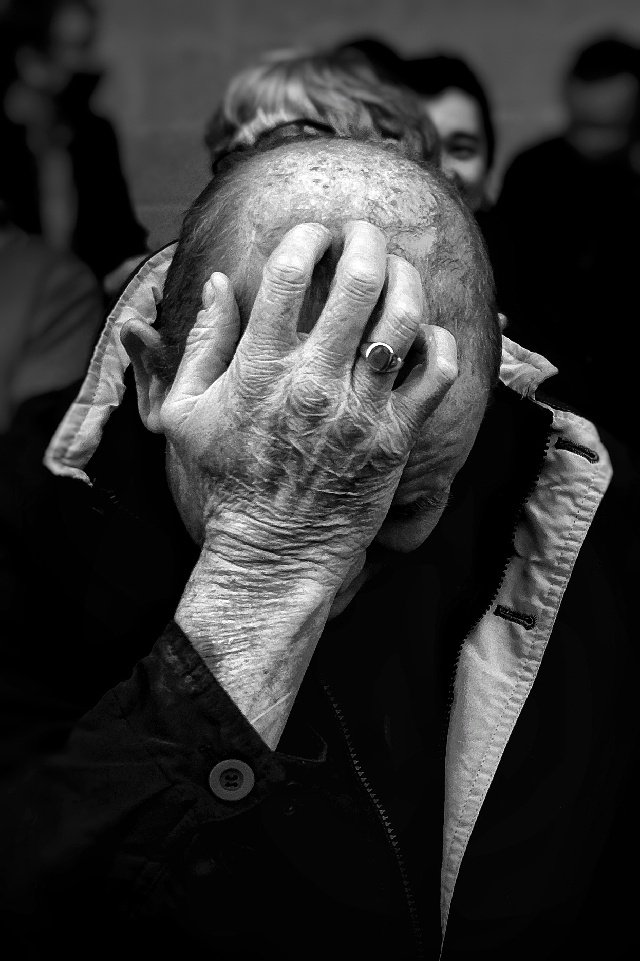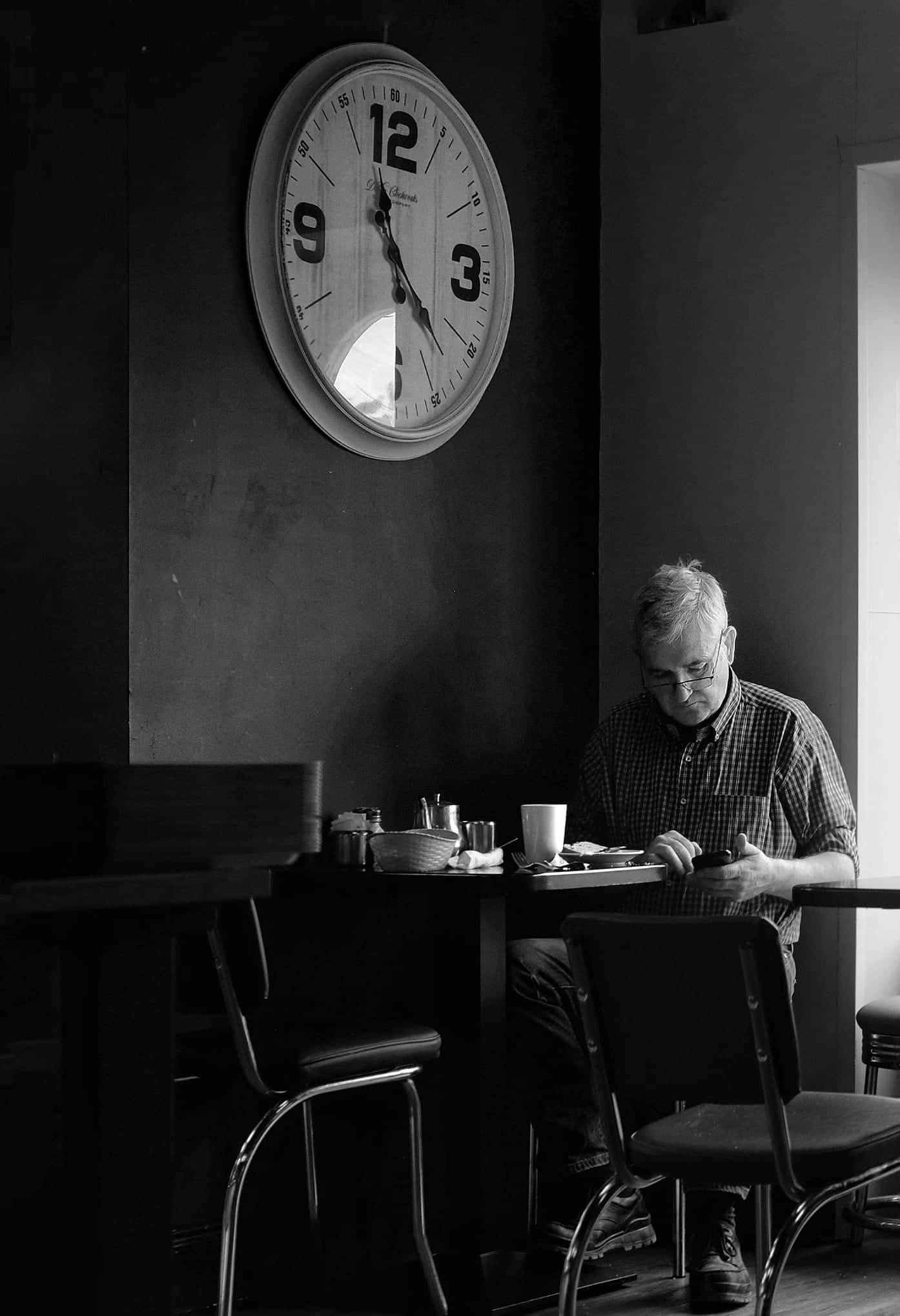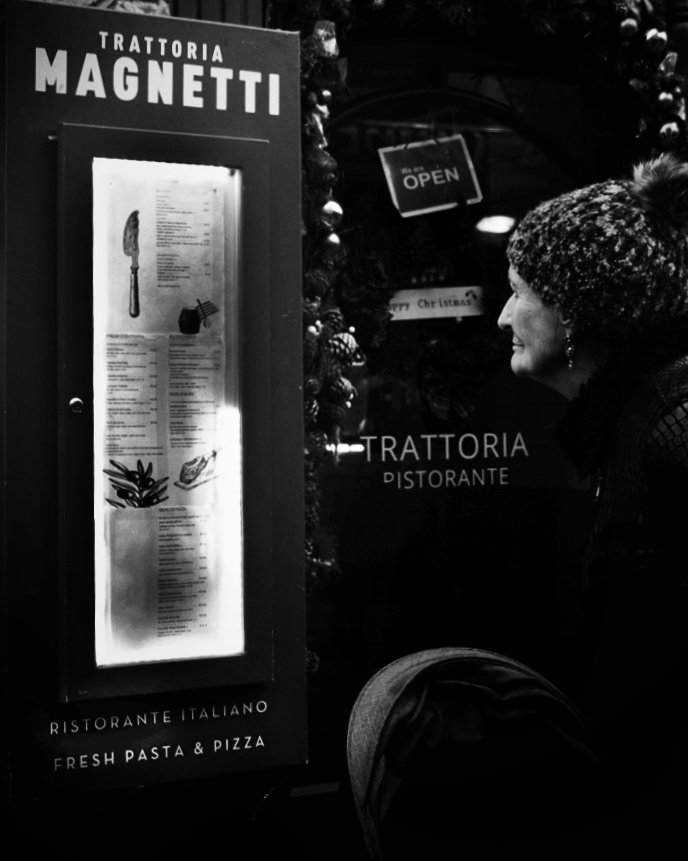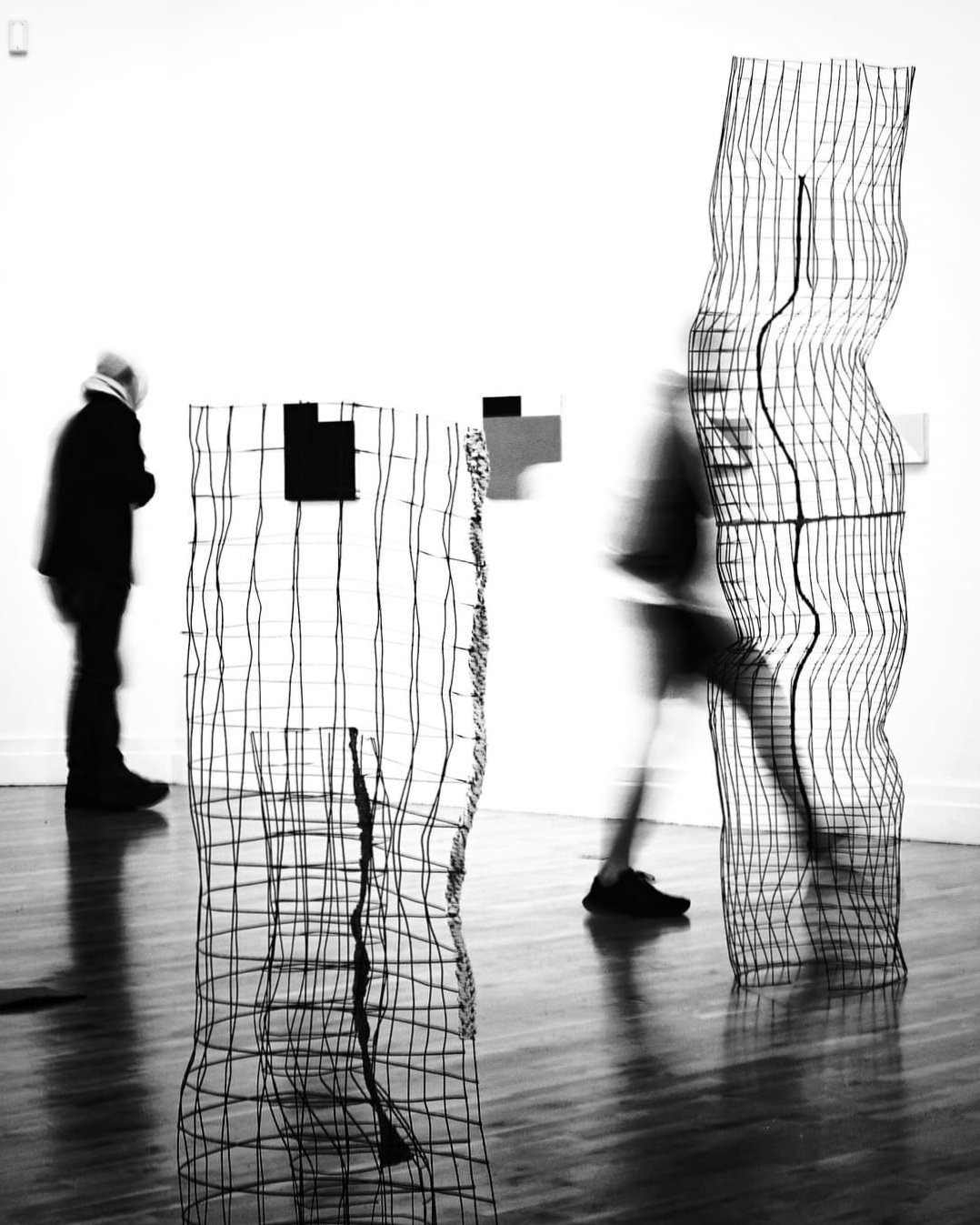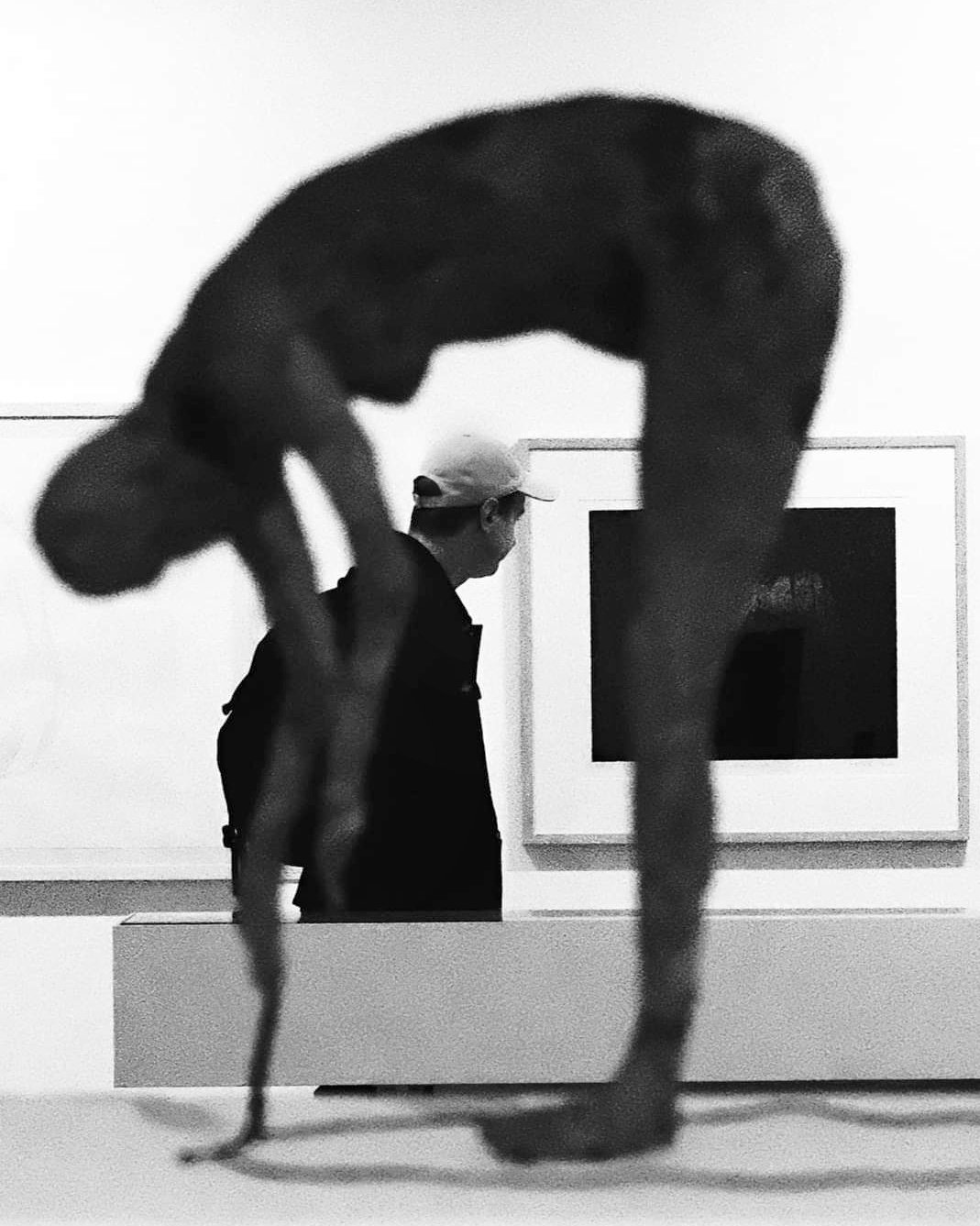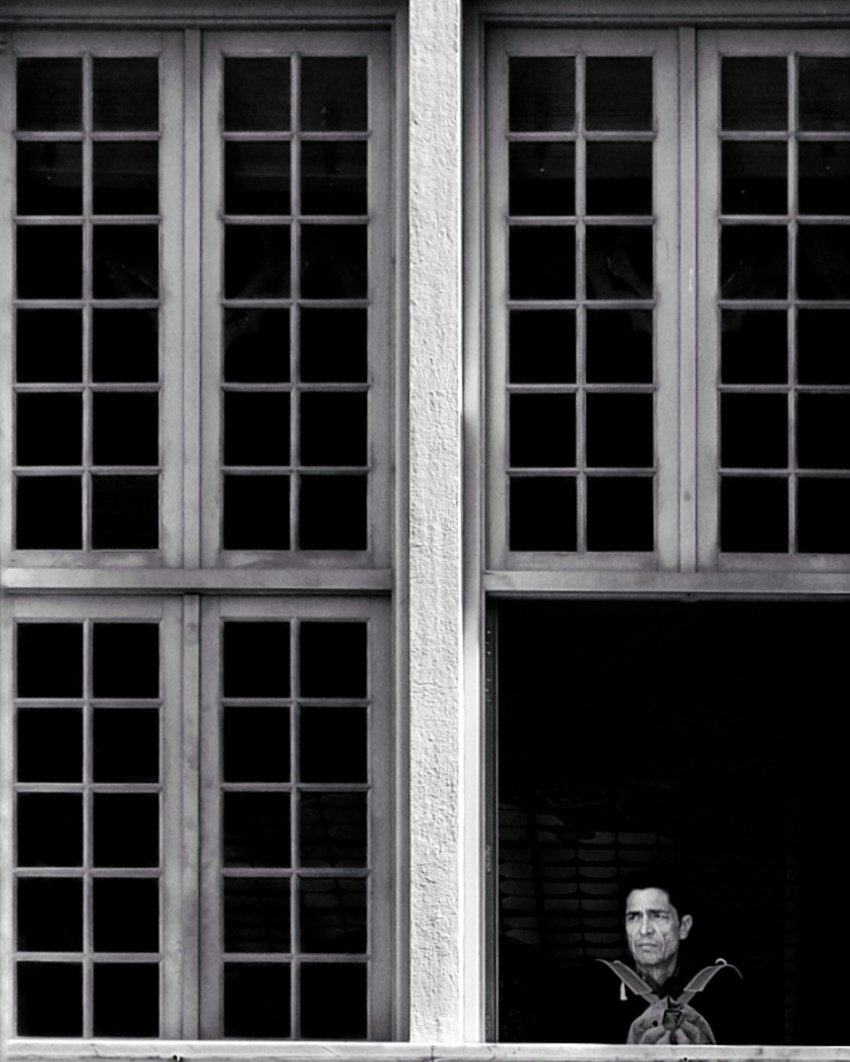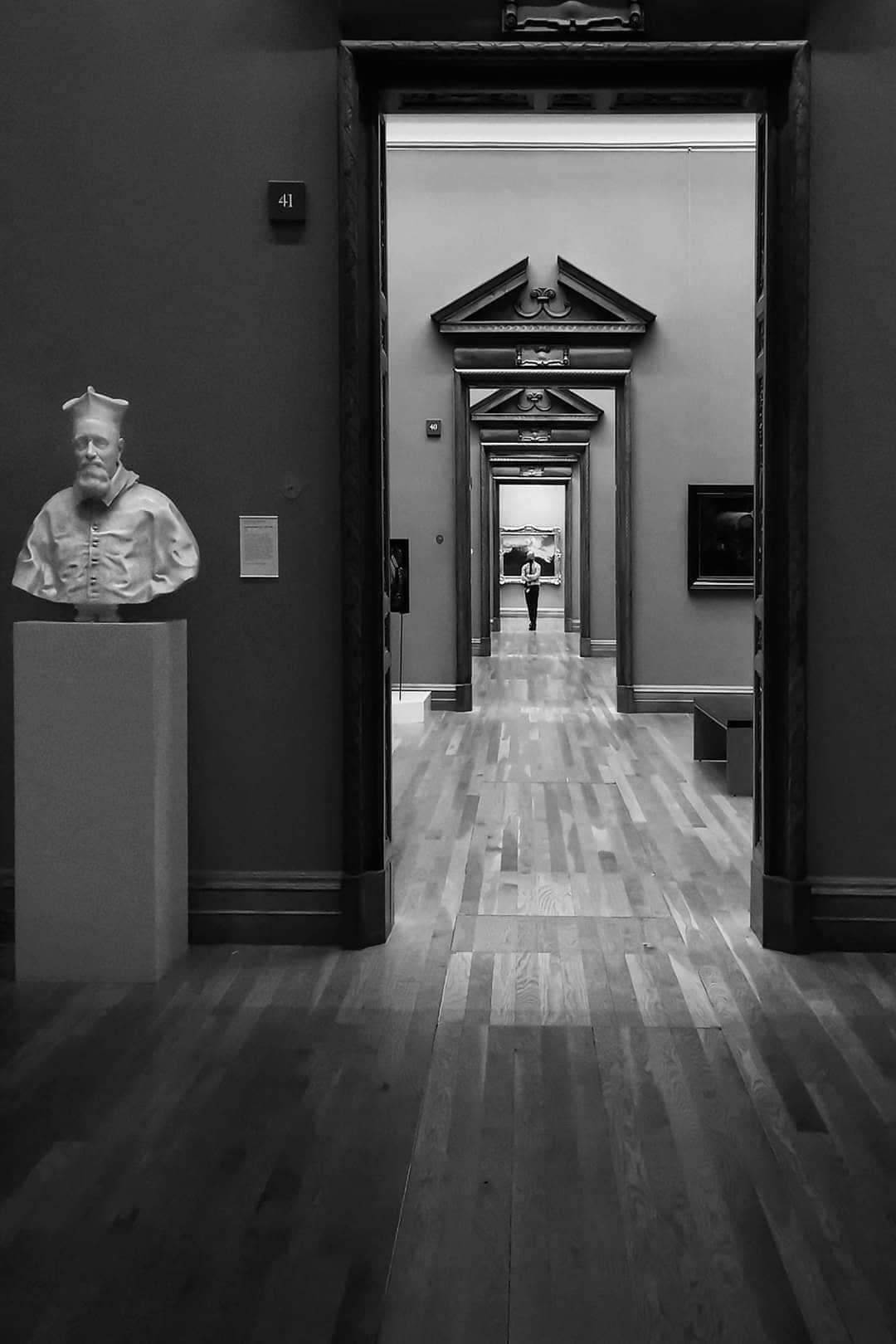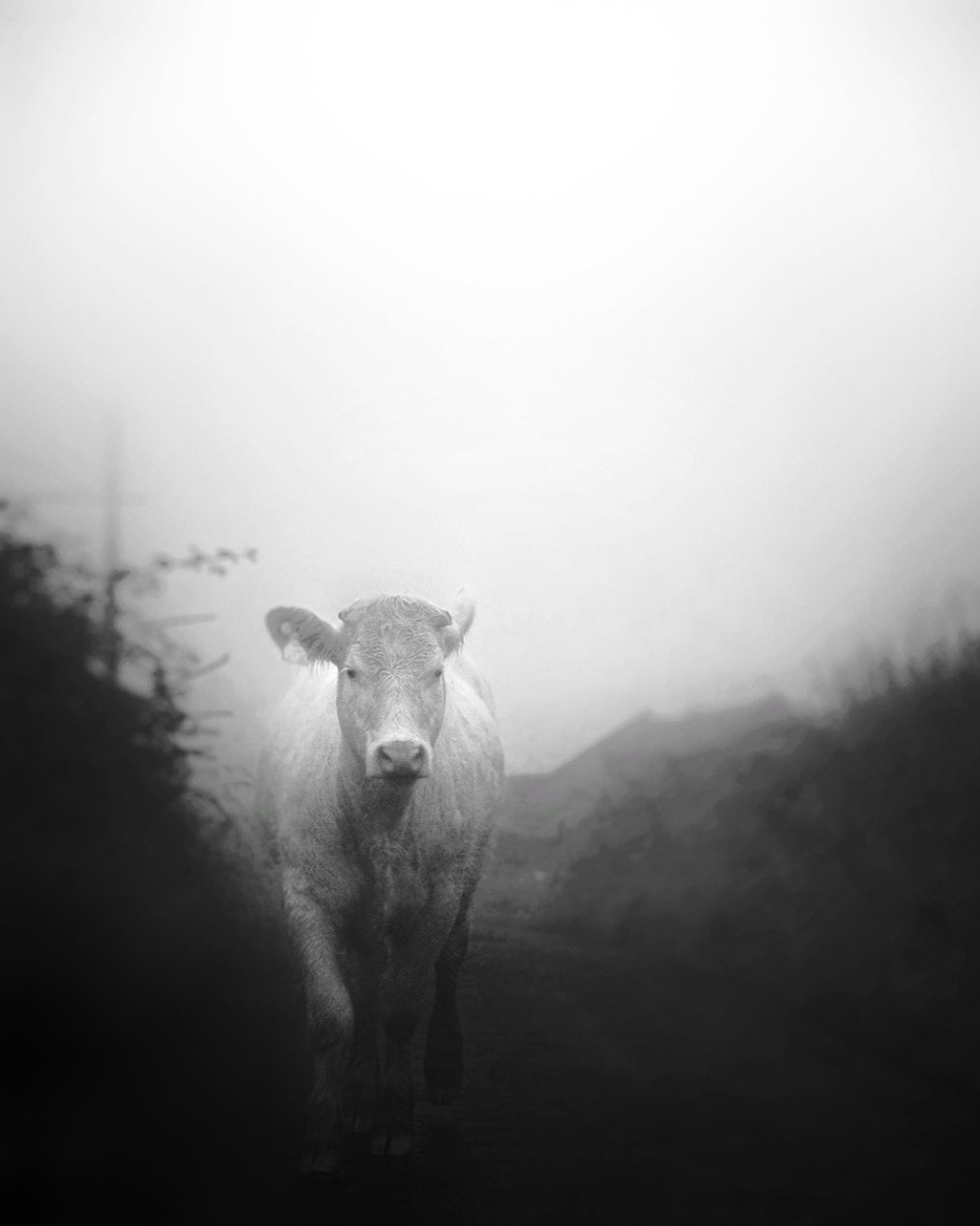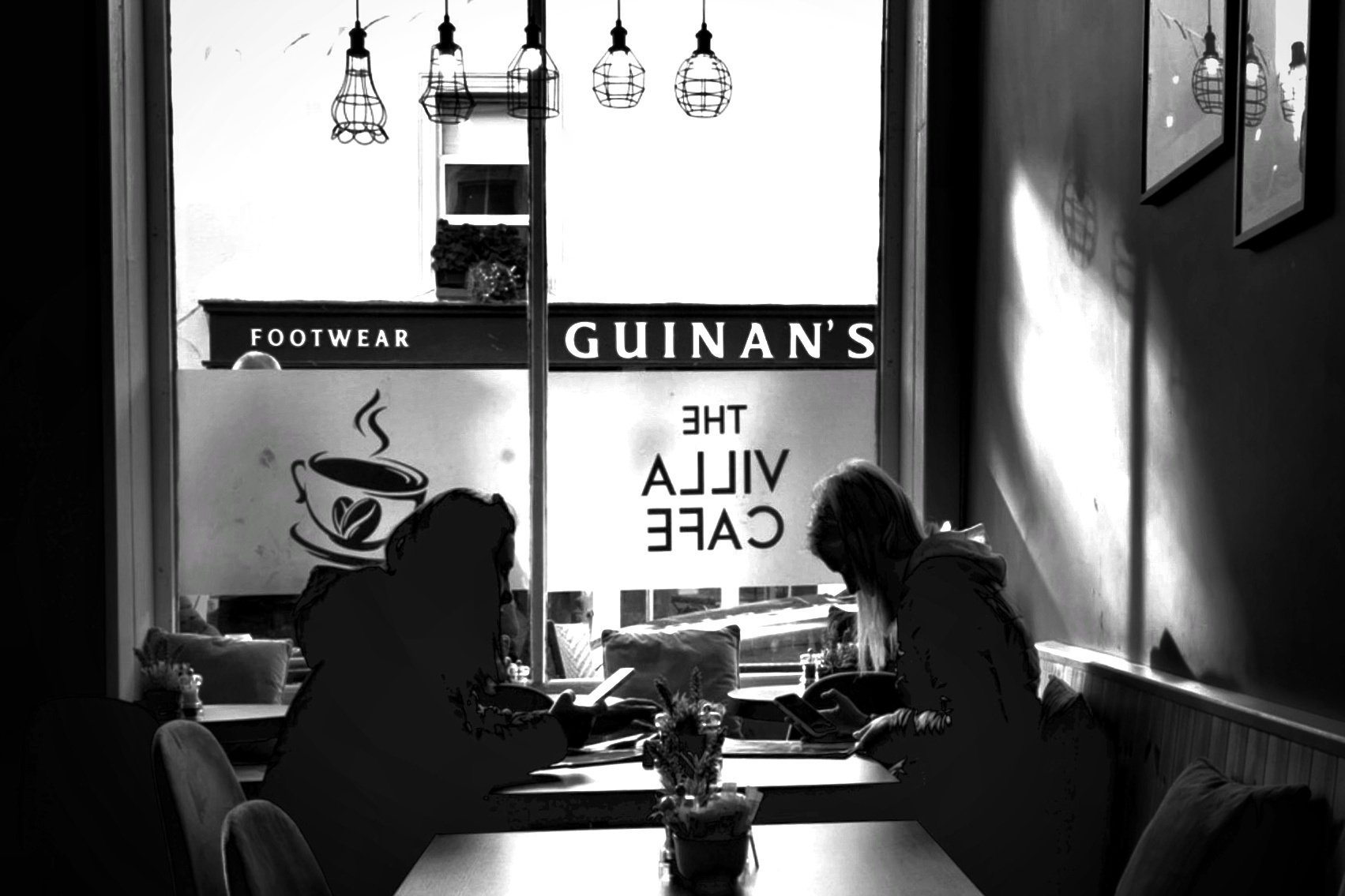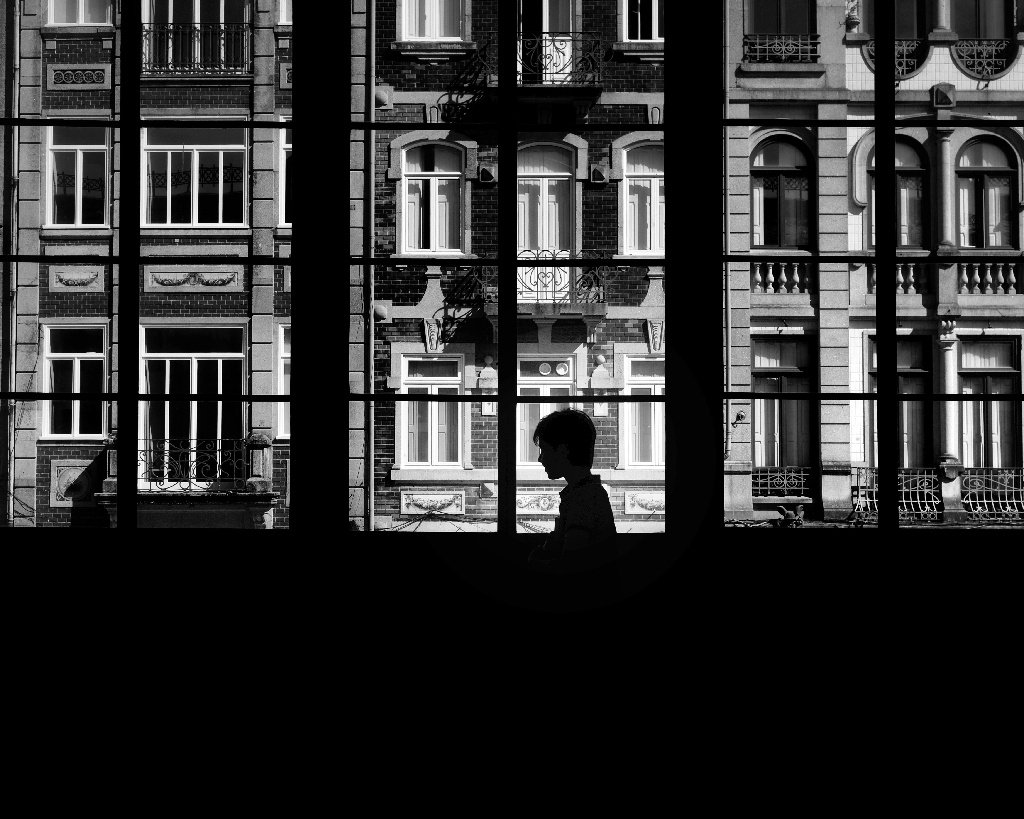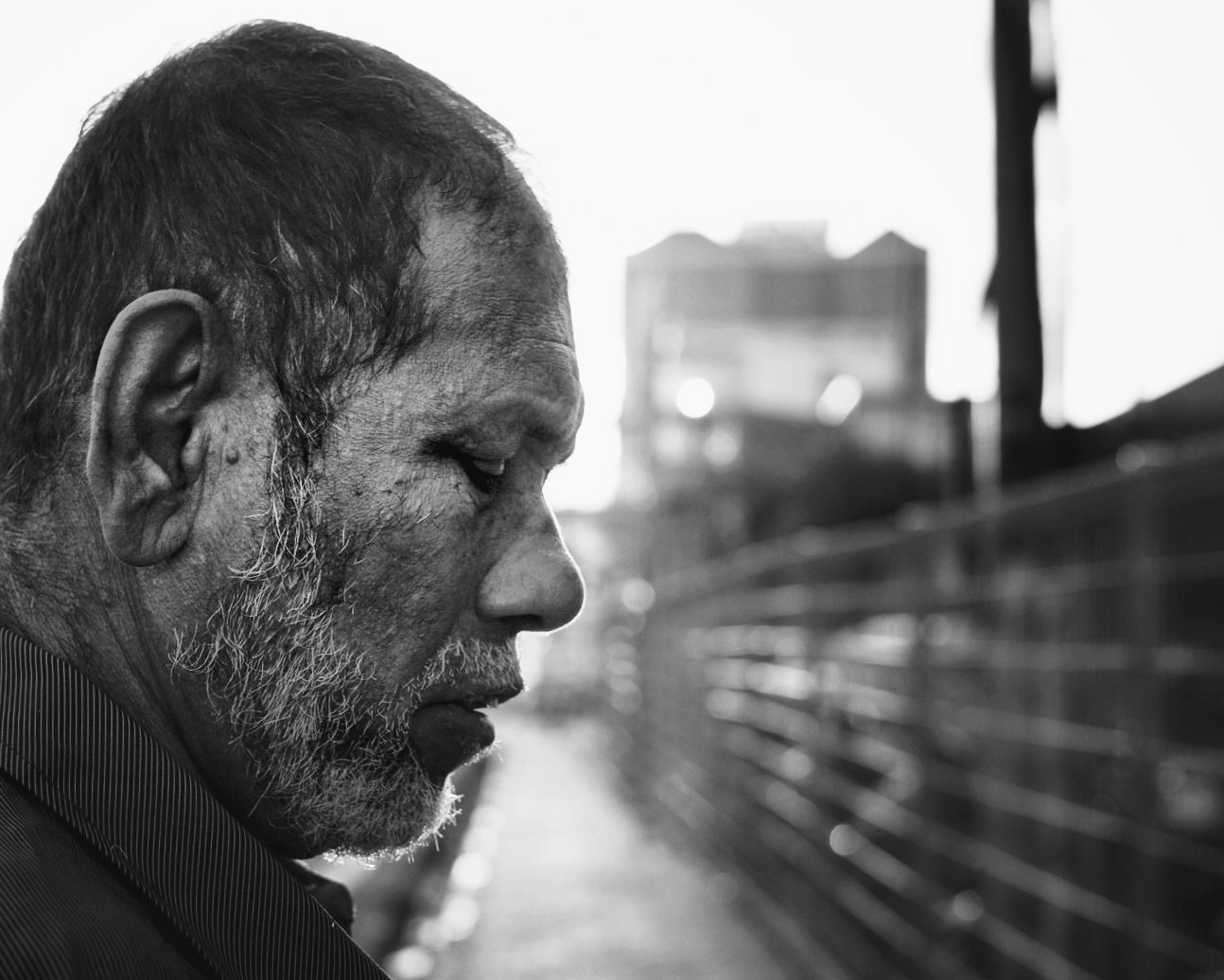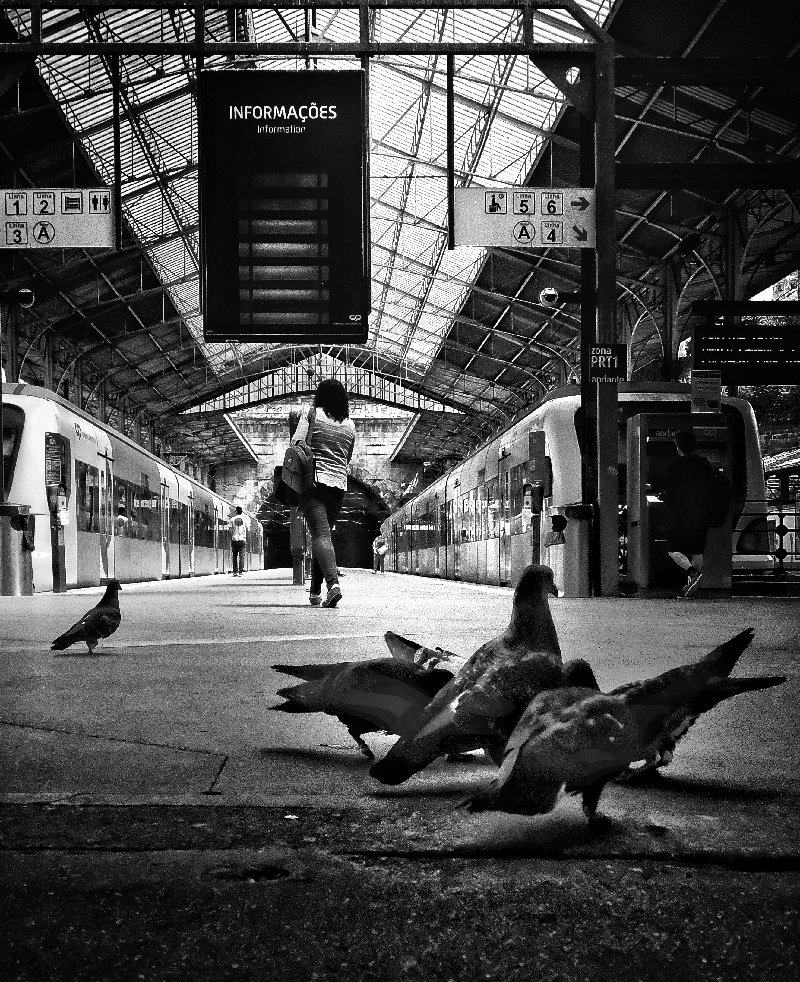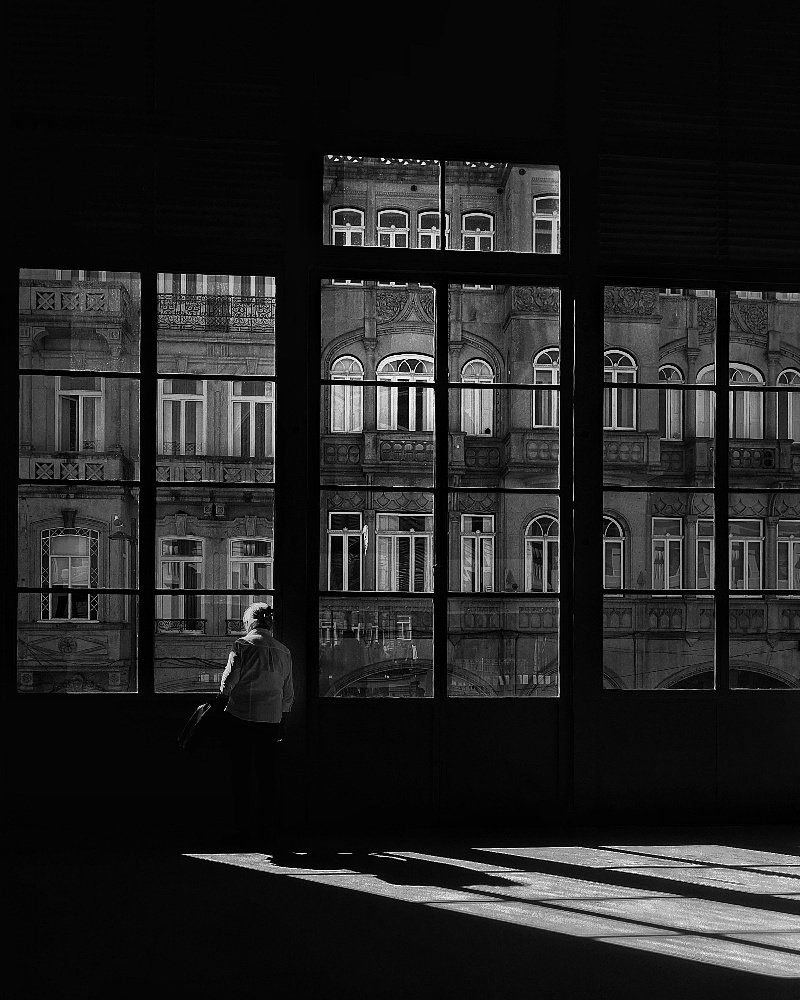Nostalgia for the Light by Kevin Lim
In February of 2023, I found myself on a plane, travelling internationally for the first time since the world locked down in the first quarter of 2020. The experience was for me disorienting, like stepping into a dream after a long period of sleep. Since the easing of restrictions, the world I used to know felt oddly familiar yet strange, the rhythms of life have shifted in ways that were at once subtle and profound. During those months of staying indoors, we all learned something about ourselves, about the things that we missed and the things that we could do without. Time itself was warped and distorted, stretching out endlessly on some days and compressing into a blur on others. Memories became more precious, more vivid, and Nostalgia loomed large in our collective consciousness.
Now as I wander through the streets, camera in hand, I am very much aware of the ephemeral nature of the world around me. Moments now feel like fleeting collages, a postmodern pastiche of competing narratives and cultural references. And yet, even as I set capturing these moments in time, I knew that they were nothing more than metonyms of a larger reality, fragments of a whole glimpse through the lens of my camera.
I have always considered photographs to be perfect objects of nostalgia, each containing a captured moment in time, fixing reality in a frame, and holding onto it even as it slips away. They are fragments of history, relics of a past that we can never truly revisit and yet, when we look at them closely, we are able to feel the texture of time itself, the way that it weaves in and out of our lives, shaping us into the people that we are today.
In this postmodern world, we are all immigrants from the past, resettled in the present psychological landscape that is at once familiar and alien. Nostalgia, then, becomes a way of exploring the relationships between humans and the environments we create and find ourselves in. Perhaps through the act of reminiscing, we are able to tap into a wellspring of psychological well-being, gaining a greater appreciation for the present and finding the courage to confront whatever challenges may come our way.
Since Johannes Hofer gave the name Nostalgia to a medical condition in the 17th century, it's been established that the essence of nostalgia is far more complex than a simple sentimental yearning for the past. It serves as a reminder of our roots and our deepest longings, instilling in us a sense of belonging and identity and in the end, that is perhaps the greatest gift that nostalgia can offer us: the chance to feel connected, to know that we are part of something larger than ourselves, and to find meaning and purpose in the midst of a world that is always in flux.


